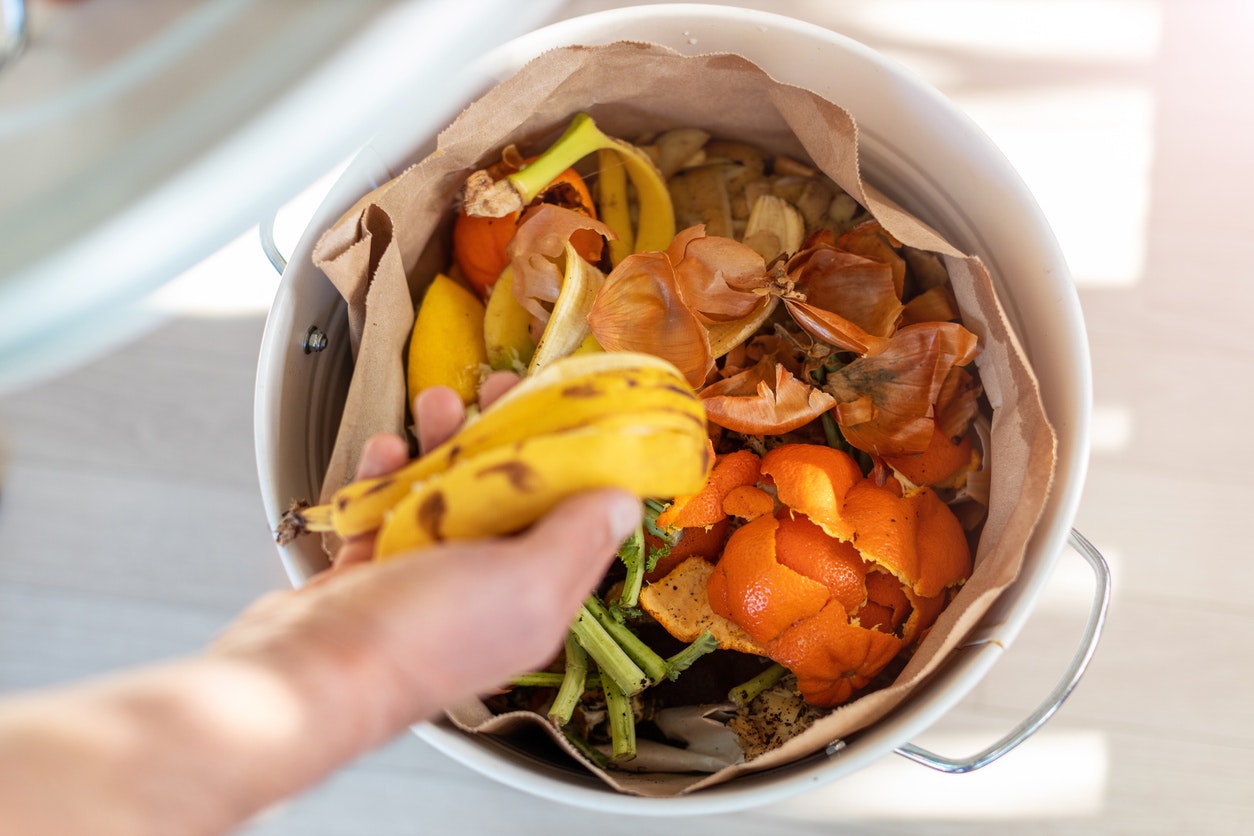Did You Know?

Senate Bill (SB) 1383 set methane emissions reduction targets for California. One of the interim goals of SB1383 requires all residents in California to separate organic material from the trash. This was created to help the state achieve a 75% reduction in organic waste by 2025. Right now, organics like food scraps, yard trimmings, and paper make up half of what is dumped in landfills each year. Reducing organics in the landfill will help to lower methane gas and air pollutant levels; therefore, fighting climate change and improving public health. Waste collectors have been tasked with inspecting garbage, recycling, and compost cans to ensure that the organic material is being separated. Residents who do not comply may be fined.
So, where do you start? Here are a few tips and tricks on how you can reduce your food waste:
- Plan your meals and shop with a list to see what you truly need
- Use a kitchen pail to collect food scraps
- Make sure any “compostable” bags are BPI-certified before placing them in the green cart
- Only food waste, yard clippings, food-soiled, unlined paper products, and untreated wood go in the green cart; cardboard, paper products, metal, glass, and plastic can be recycled in the brown cart; all other waste goes in the blue cart
- Covering food waste in the green cart with yard trimmings reduces odors and pests
- Start your own compost at home and reap the benefits of nutrient soil for your yard or garden
The small changes you make today will make a large difference for our community in the future.








